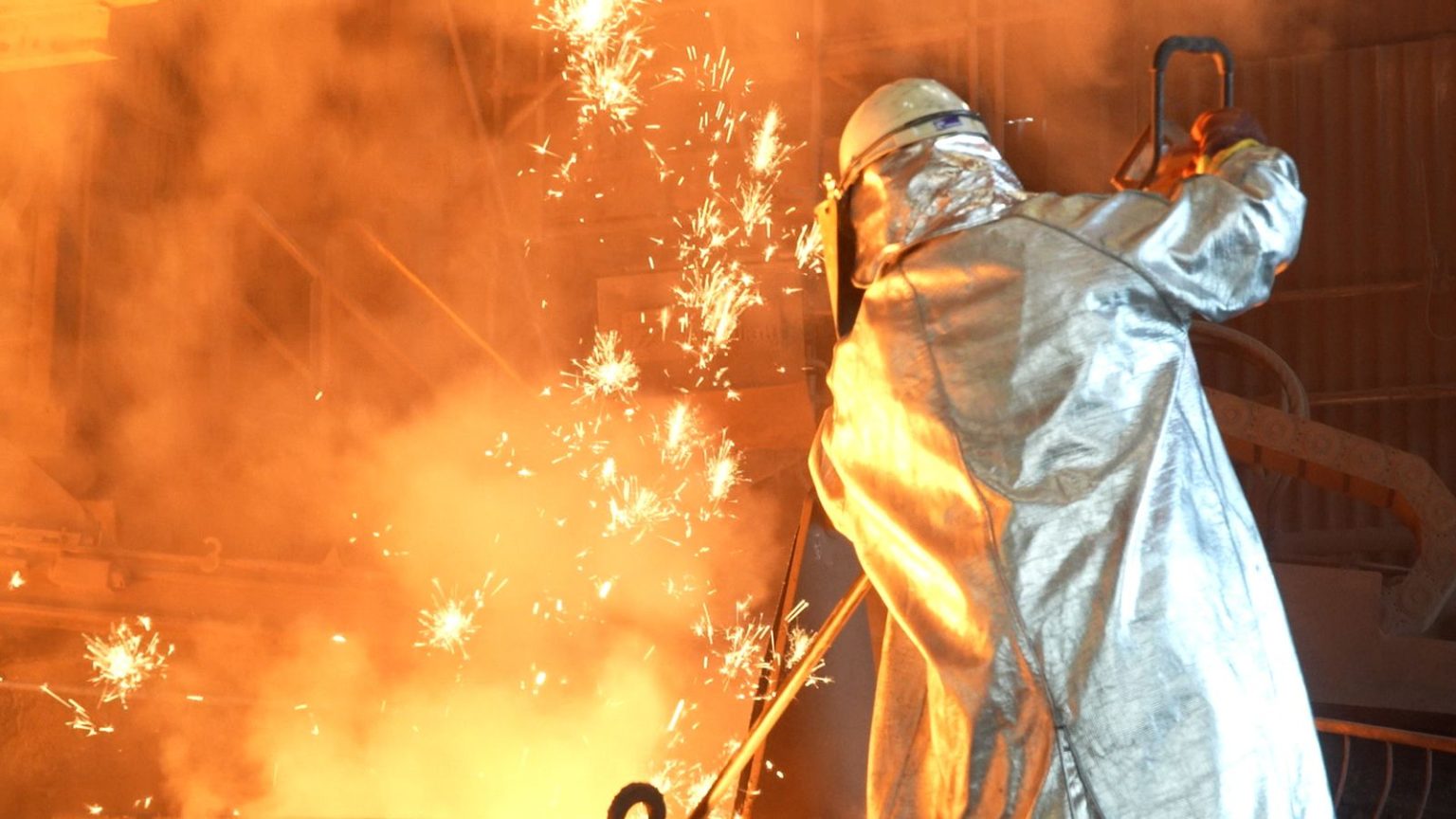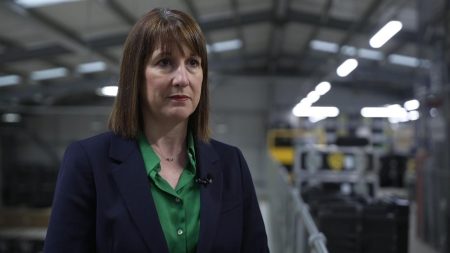The Future of British Steel: A Critical Round of Talks
Introduction: The Critical Talks
The UK steel industry is bracing for a pivotal moment as Business Secretary Jonathan Reynolds prepares for fresh talks with Li Huiming, the chairman of Jingye Group, the Chinese owner of British Steel. These discussions, set to take place this week, mark the latest chapter in a protracted negotiation process that has stretched over two years. At the heart of these talks is the potential state bailout for British Steel, a company that has faced significant challenges in recent years. With thousands of jobs at stake, particularly at its Scunthorpe plant, the outcome of these negotiations could have far-reaching implications for the industry, the local economy, and the UK’s manufacturing sector as a whole.
Jingye Group’s Role in the UK Steel Industry
Jingye Group, a Chinese industrial conglomerate, acquired British Steel in 2020, stepping in to rescue the company from financial turmoil. Since then, the company has been working to stabilize operations and modernize its facilities. Now, Jingye is seeking substantial financial support from the UK government to fund a critical transformation: the electrification of its steelmaking processes at the Scunthorpe plant. This move is part of a broader effort to reduce carbon emissions and align with the UK’s net-zero targets. The funding requested is in the hundreds of millions of pounds, underscoring the scale of investment required to transition to cleaner, more sustainable steel production.
However, Jingye’s request comes at a time when the UK government is already under pressure to support the steel industry. Last autumn, Tata Steel, another major player in the sector, received a £500 million grant to support its operations at the Port Talbot site in South Wales. This precedent has raised expectations for similar support for British Steel, but the government must balance its commitment to the industry with the need for fiscal prudence.
The Government’s Strategy for the Steel Industry
Jonathan Reynolds has been a key figure in shaping the UK government’s approach to the steel industry. Over the weekend, he approved a consultation on plans to provide state financial support worth up to £2.5 billion to the sector. These proposals aim to address some of the most pressing challenges facing steel producers, including high electricity costs and the need to improve the UK’s scrap metal processing capabilities. Reynolds has been vocal about his belief in the long-term viability of the UK steel industry, emphasizing its importance to the country’s manufacturing base and economic resilience.
Yet, the path ahead is far from straightforward. The steel industry is navigating a complex landscape, with global market fluctuations, rising energy costs, and trade uncertainties all posing significant challenges. The imposition of tariffs on overseas steel by former US President Donald Trump has added another layer of uncertainty, creating hurdles for UK steel producers seeking to export to international markets. Against this backdrop, Reynolds and the UK government must carefully consider how to allocate resources while ensuring that any support provided is both effective and sustainable.
The Road Ahead: Competitive Pressures and Challenges
Despite the challenges, the UK steel industry remains a competitive force on the global stage. Companies like British Steel and Tata Steel have a long history of innovation and production excellence, and there is a strong desire to preserve this legacy. However, the transition to greener production methods is not just an environmental imperative but also a competitive necessity. Countries around the world are investing heavily in clean steel technologies, and the UK must keep pace to remain relevant in the global market.
For British Steel, the electrification of its Scunthorpe plant is a crucial step in this journey. The project would not only reduce the company’s carbon footprint but also position it as a leader in sustainable steel production. However, the financial burden of such atransition is significant, and Jingye Group is looking to the government to share this cost. The talks between Reynolds and Li Huiming will therefore be pivotal in determining whether British Steel can secure the funding it needs to embark on this ambitious project.
State Bailout Discussions: Progress and Uncertainty
As the talks between Reynolds and Li Huiming approach, there is a sense of cautious optimism but also a recognition of the complexities involved. Whitehall sources have indicated that no formal decisions are expected to emerge from this week’s discussions, suggesting that the negotiations are still in a delicate phase. The Department for Business and Trade has declined to comment on the specifics of the talks, further underscoring the sensitivity of the issue.
While the government has shown a willingness to support the steel industry, as evidenced by the £2.5 billion support package and the earlier grant to Tata Steel, there is a clear emphasis on ensuring that any financial assistance isboth targeted and effective. This approach reflects a broader commitment to fostering a competitive and sustainable steel industry, one that can thrive without reliance on long-term state aid.
Conclusion: The Broader Implications
The outcome of the talks between Jonathan Reynolds and Li Huiming will have far-reaching implications for British Steel, its workforce, and the wider steel industry. At stake is not only the future of a iconic company but also the UK’s ability to maintain a robust manufacturing sector in the face of global competition. While the path forward is fraught with challenges, the government’s commitment to supporting the industry and the determination of companies like Jingye Group offer a glimmer of hope for a brighter, more sustainable future.
Ultimately, the success of these talks will depend on finding a balance between providing necessary support and ensuring that the steel industry remains competitive and viable in the long term. As the UK continues to navigate the complexities of a rapidly changing global economy, the fate of British Steel serves as a powerful reminder of the importance of strategic thinking, collaboration, and investment in securing the future of its industrial base.















